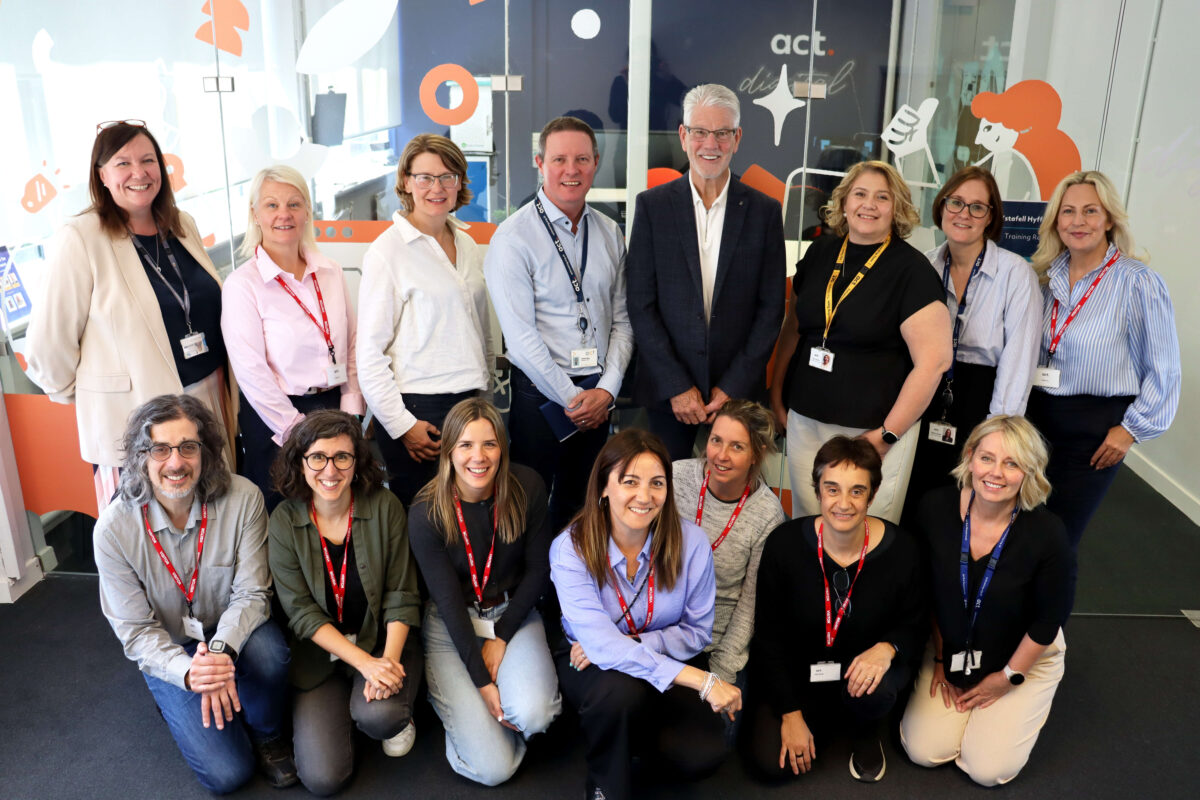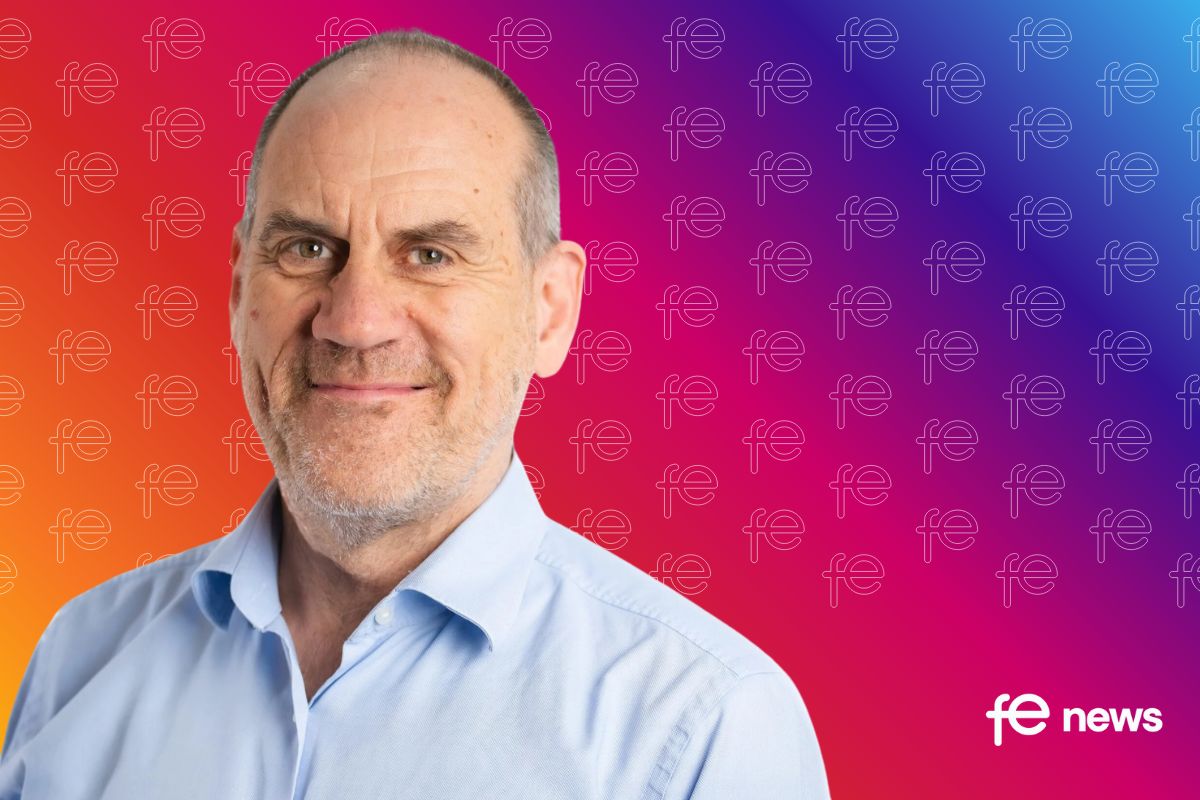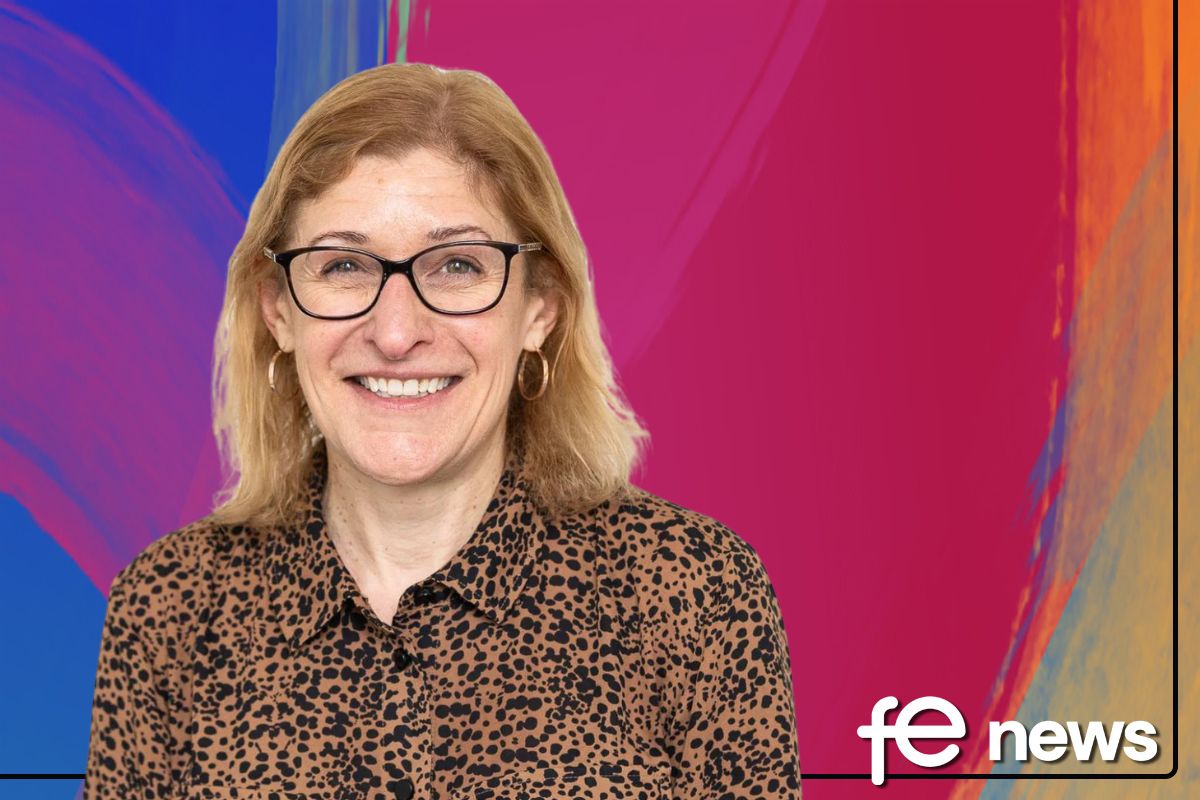APPG launches inquiry into state of financial education for children in care

The All-Party Parliamentary Group (APPG) on Financial Education for Young People is today launching an inquiry into the current state of financial education available to children in care.
Launching the inquiry, Julian Knight, MP for Solihull and Chair of the APPG said:
“Understanding how to manage money is a key skill that is essential for all aspects of adult life. Financial education equips young people with the knowledge, skills and attitudes they need to lead independent lives, plan for the future and protect themselves from financial crime.
Access to good financial education is even more important for children in care who face tougher challenges when they leave the care system and become independent adults.
Our inquiry will look at the current challenges that looked after children face in accessing financial education and what we can do better to empower these young people to lead independent lives and successful careers once they leave care.”
In a previous report, the APPG established the importance of improving the scope and quality of financial education in schools[1]. The APPG’s new inquiry looks specifically into the financial education of children in care and the specific issues they face in accessing financial education.
Children in care often face tougher challenges than their peers. Research suggests:
- People who have their family to help them prepare for adult life are less likely to fall into debt or financial difficulty than those without this support network[2].
- Care leavers often reach financial independence at a younger age and with less support than their peers, and there are some indications they are at greater risk of lower financial capability – looked after children aged 7–17 are less likely than their peers to be able to explain choices made when spending money, and at age 16–17, they are more likely to score worse on measures of money management like managing a day-to-day budget or allowance, and understanding choices have to be made when spending.[3]
The inquiry will consider what measures are currently being undertaken to support children in care with their financial education and what can be done to better support this group of vulnerable young people in forming positive financial habits. This issue is particularly relevant as the first cohort of children in care will soon be able to access their Child Trust Fund savings, which was provided by Government between 2002 and 2011. The APPG is grateful to the Money Advice Service for supporting the inquiry.
The APPG is keen to hear from local authorities, care providers, charities, academics, care leavers, fosters carers, schools and other organisations and individuals involved in this space. The deadline for the submission of written evidence is 31st January 2019 and the APPG plans to hold a number of oral evidence sessions in the first quarter of 2019, before publishing an inquiry report. Evidence can be submitted by sending a word document to the APPG Secretariat at appg@y-e.org.uk
Full remit of the inquiry
The APPG is particularly interested in evidence relating to the following:
- What are the current challenges that young people in care face in accessing financial education?
- Are there specific stages/aspects of the transition to adult life during which young people in care are particularly vulnerable to financial harm?
- How can we improve the access of young people in care to financial education – what role can central and local government, schools and other organisations play?
- What challenges are there specifically amongst foster children? What support is given to foster parents in providing the right financial advice to the children in their care?
- What more can schools do to improve financial education among children in care? Specifically, can the role of the Designated Safeguarding Person in schools be expanded to ensure children in care receive access to financial education?
- Are you aware of interventions, either in the UK or elsewhere, that have improved the access of children in care to financial education, and have evidenced improved outcomes?
- What measures are in place to ensure that children have the financial education necessary to appropriately manage their Child Trust Fund savings after leaving care?
About the APPG
The All-Party Parliamentary Group on Financial Education for Young People was formed in January 2011 and is currently chaired by Julian Knight, the Conservative MP for Solihull. The APPG has since grown to be one of the largest groups of its type within parliament, with almost 200 members and a raft of supporting organisations. The purpose of the group is to provide a medium through which MPs, Peers and organisations with an interest in financial education, can:
- discuss the current provision of financial education in schools and colleges
- ensure young people are equipped to make informed financial decisions
- help make resources and qualifications available to young people in education
- support schools in the delivery of financial capability
- encourage the introduction of a requirement on schools and colleges to provide financial education.
The APPG’s Secretariat is provided by Young Money (formerly pfeg)
About Young Money
- Young Money (formerly pfeg), part of Young Enterprise, supports all educators in developing the financial capability of the young people they work with. We are a trusted and valued provider of knowledge, resources and training to anyone teaching children and young people how to manage money.
- Last year (2016/17) Young Money delivered financial education training to over 1,400 teachers.
<![if !supportLists]>· <![endif]>92% of teachers Young Money trained said following training they were now likely to deliver financial education in their schools.
- Young Money is the Secretariat for the All-Party Parliamentary Group (APPG) on Financial Education for Young People.
- Julian Knight MP is the Chair of the APPG on Financial Education for Young People. The APPG’s most recent report, Financial Education in Schools: Two Years On – Job Done? was published in May 2016. The report highlighted a lack of financial education resources in schools and provided a number of policy recommendations.
- For more information on Young Money please see http://www.young-money.org.uk or email papr@y-e.org.uk.
About the Money Advice Service
The Money Advice Service (MAS) is pleased to support the APPG in its inquiry.
- MAS is an independent organisation set up by Government to help people make the most of their money. It delivers free and unbiased money guidance, available online at moneyadviceservice.org.uk or via free phone on 0800 138 7777.
- MAS is also the largest funder of free debt advice in the country and works with a range of partners to improve the quality, consistency and availability of debt advice across the UK.
- MAS is paid for by a statutory levy on the financial services industry, raised through the Financial Conduct Authority. Its statutory objectives are to enhance the understanding and knowledge of members of the public about financial matters, and to enhance the ability of members of the public to manage their own financial affairs.
[1] All Party Parliamentary Group on Financial Education for Young people (2016) Financial Education in Schools: Two Years On – Job Done? Available at: https://www.young-money.org.uk/appg-financial-education-young-people
[2]The Children’s Society (2016) The cost of being care free: The impact of poor financial education and removal of support on care leavers. Available at: https://www.childrenssociety.org.uk/sites/default/files/pcr073_care-leavers-financial-exclusion-final.pdf











Responses